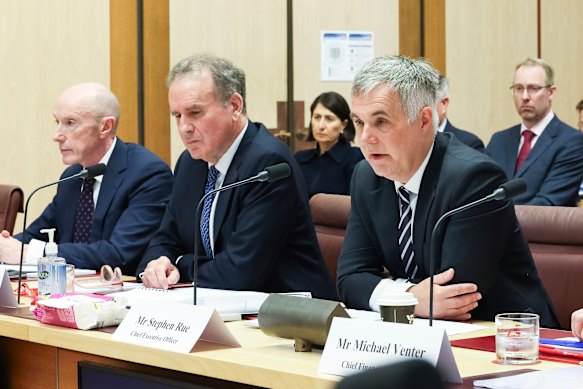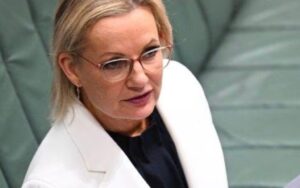
Optus Chief Executive Stephen Rue and senior executives faced intense scrutiny from Australian senators on March 4, 2024, regarding the recent catastrophic network failure that has been linked to multiple fatalities. This inquiry represented a critical opportunity for the telecommunications company to restore public trust. Instead, it seems to have exacerbated the crisis, as more than a quarter of Optus customers are considering leaving the service following the incident.
During the hearing in Canberra, Rue, along with Optus Chairman John Arthur and former Chairman Paul O’Sullivan, were questioned about the company’s failures to adequately handle emergency calls to Triple Zero, Australia’s emergency service number. The legislators’ fiery questions highlighted widespread public anger and disbelief that such serious failures could continue to occur, raising significant concerns about the company’s operational effectiveness.
The inquiry revealed a troubling picture of an organisation hindered by excessive process, rigid hierarchy, and a culture of risk aversion. Testimonies indicated that crucial information was not effectively communicated during a crisis. For instance, a call centre employee discovered the fatalities at 20:43 on Thursday. However, this information was not relayed to senior management until Friday morning, when an email containing the details remained unopened overnight.
The delays were compounded by the fact that Katherine Dyer, Optus’s Chief Operating Officer, only learned about the scale of the emergency—specifically, that over 100 calls had gone unanswered—after returning from a trip interstate. This meant that the chief executive of a company responsible for managing critical infrastructure was left uninformed for more than 12 hours, not due to intentional withholding of information, but because of systemic inefficiencies within the organisation.
As the inquiry unfolded, it became clear that accountability within Optus has been compromised by its internal structures. Senators expressed frustration that the company seemed ill-equipped to respond to emergencies effectively, with one senator noting that the lack of responsiveness during a life-threatening situation was deeply concerning.
Despite Rue’s past experience as the long-time chief executive of NBN Co, the response during the hearing failed to reassure the public or mitigate the fallout from the network failure. Customers are increasingly frustrated, prompting many to reconsider their loyalty to Optus as they contemplate switching to alternative providers.
The fallout from the inquiry may have lasting effects on Optus, particularly as public confidence in its ability to handle emergencies has been severely shaken. As customers weigh their options, it remains to be seen how the company will address the significant trust deficit that has emerged in the aftermath of this crisis.







